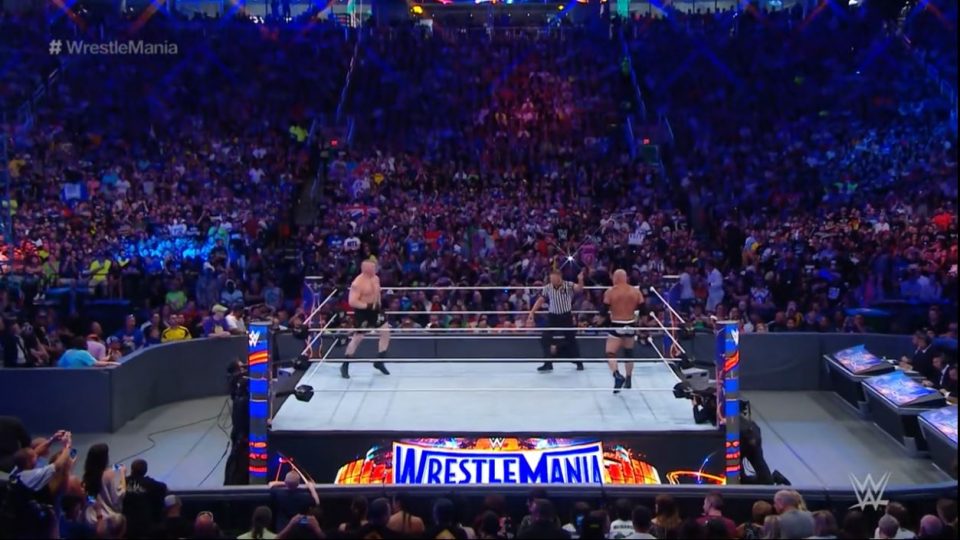
Magnus Carlsen this week launched his attempt to retain the chess world championship once again, with reason for confidence. The Norwegian grandmaster is favourite to win the 14-game tournament in Dubai against Ian Nepomniachtchi of Russia, and chess is enjoying a renaissance, helped by last year’s Netflix drama, The Queen’s Gambit.
As the players settle down to what is likely to be a series of tight matches that mostly end in draws, two questions linger. One is whether, win or lose, this will be Carlsen’s last defence of the title he first won in 2013 at the age of 22. The second is trickier: is there much pleasure left in watching two humans play championship chess?
It was never the most scintillating experience to observe opponents hunched over a square board for several hours. Chess is not like football or other sports, where chance and skill are evident, and viewers can see a star stretch for a ball, or bend it inside the post. In chess, one piece is moved at a time and a player’s mental turmoil is often expressed with a slight frown.
Yet there have been times when chess has embodied the off-board struggle for victory, with all of its high emotion, notably the cold war matches between Bobby Fischer and Boris Spassky in the 1970s. The clash of personality was the clash of nations, and Fischer helped by playing brilliantly to beat Spassky in 1972, a victory echoed by the fictional Beth Harmon in The Queen’s Gambit.
There was also stirring symbolism in the twin matches between Garry Kasparov and IBM’s Deep Blue, ending in the machine beating the champion in 1997. Since then, brute computing power has been overtaken by artificial intelligence, with DeepMind’s AlphaZero teaching itself the game in four hours and crushing the leading chess machine Stockfish in 2017, despite the latter’s capacity to consider 60m chess positions per second.
After such knowledge, what forgiveness for human chess? No matter how ingenious the battle of wits between Carlsen and Nepo, as he is known, a rookie with Stockfish on a smartphone knows a strong next move, even if not understanding why. Igors Rausis, the Ukrainian-born grandmaster, was caught consulting his phone in the toilet during one match in 2019 and cheating is a constant threat in modern chess.
Personality still matters. A contest between two AI agents would be extraordinarily advanced, but also too soulless to be interesting. As GK Chesterton wrote in his essay “The Perfect Game”, “If you could play unerringly, you would not play at all. The moment the game is perfect, the game disappears.”
Carlsen’s wry good humour, along with his youthful rise, have been good for the game; although he plays with ironclad consistency, he is fan-friendly. He has also adapted to the digital era, in which matches may not only be played online but players can chat as they are followed by thousands of others.
Chess has even gained a niche in esports, the peculiar but thriving industry built around fans watching others play games including Fortnite, Grand Theft Auto and Dota 2, on platforms such as Twitch. One leading Twitcher is Hikaru Nakamura, the five-time US champion whose fighting spirit extended to having a physical brawl with a Canadian grandmaster after one bad-tempered match.
The problem is not that computers have replaced people, but that they have curtailed their space for adventure, especially in “classical” chess played under long time limits at championship level. Players always arrived for tournaments well prepared, but they now use software as well as human analysis to predict lines long past the opening.
That leads to what the grandmaster Jonathan Tisdall calls “the ever increasing difficulty of winning games at slow time controls” — in matches that last hours, humans prepared by chess machines can manoeuvre each other to a standstill. In Carlsen’s last title defence in 2018, all 12 of the classical games (before rapid tiebreakers) were drawn.
Draws can be exciting, but computer preparation also militates against behaving originally. Where once players might have used risky moves to push opponents off balance, now they tend to play safer and more sturdily to avoid dangerous errors. “I think the era of Kasparov’s [dynamic and creative] style is gone. I think it is impossible to play this way any more,” said the Uzbek grandmaster Rustam Kasimdzhanov of the world championship game.
Artificial intelligence has heightened chess’s old fear of “draw death”, where the game is analysed to the degree that wins disappear. Carlsen often plays faster games such as “bullet chess” that force players to move quickly and instinctively rather than sink into analysis, and has even backed changing the format for championships.
The contest in Dubai is a test, for Nepomniachtchi is known as a risk-taker. If he cannot restore jeopardy, what will? José Raúl Capablanca, the former world champion known as “the chess machine”, once suggested increasing the size of the board and introducing two new pieces for variety. If machines rule, we can change the rules.
Chess faces stalemate in its match with machines - Financial Times
Read More

No comments:
Post a Comment